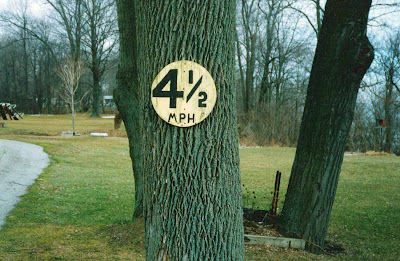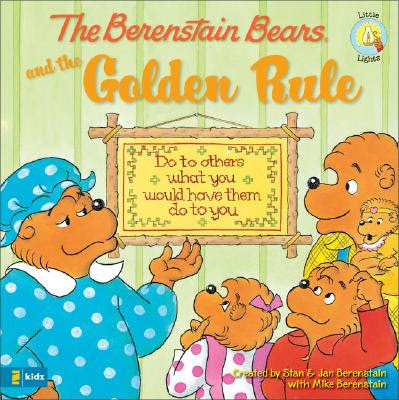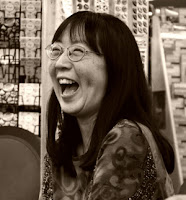I am so, so, so excited to announce that I'm now represented by Jennifer Azantian of the
Sandra Dijkstra Literary Agency!
I've always found "how I got my agent" posts to be very motivating--so in the hope that others might feel the same way, here's mine. (Fair warning: it's long!)
THE LONG-TIMERS is the third novel I queried. I started writing seriously in 2010 and banged out what I thought was a pretty decent YA paranormal novel by the end of the year. I sent off a whole bunch of email queries (75 or 80, maybe? I remember it was a lot!), to pretty much anyone who represented the genre. This shotgun approach resulted in a handful of requests to read fulls and partials, and while every single one ended in a polite form rejection, it was enough to convince me I wasn't completely nuts.
Figuring I'd probably do better with another genre, one that wasn't quite so saturated, I decided to try writing a MG sci-fi novel next. As with my first manuscript, I got a handful of partial and full requests, but each one ended with a polite rejection.
But around this time, I lucked into my first real critique partner (hi Laura!). We met through our husbands and discovered we both wrote YA, so we decided to meet once a week and work through our previously completed manuscripts, critiquing a chapter a week.
Holy crap. Seriously, if you've never had a real CP, one who's also a writer, one who's willing to dig into your work and discuss it with you for hours, you NEED ONE. My writing improved immensely after just a few months of weekly meetings.
In late 2011, I figured I'd try my hand at another YA manuscript. I'd just finished the first draft of THE LONG-TIMERS when I stumbled across an agent's blog post promoting the 2012
Big Sur Writing Workshop--which was only a six hour drive away from where I was living at the time. The idea of going to an actual writing conference terrified me, to be honest. I wouldn't know anyone there. I'd never had more than one person actually critique my work. I'd have to meet (and talk to!) live agents. But somehow I screwed up my nerve and signed up. And I'm so glad I did! The conference was amazing. Not only did I meet my future Thinking to Inking co-bloggers there, but I also had actual conversations with several agents and got amazing feedback from editors and fellow attendees.
Just as I was finishing up the revisions from the conference and getting ready to start querying, I found out about a Twitter pitch party and signed up for an account. Suddenly (seriously, I still can't believe how fast this happened), I was a member of a thriving, awesome, incredibly supportive Twitter writing community.
I started querying THE LONG-TIMERS in June of 2012. This time, I was determined to query in small batches. This turned out to be really smart, because I got some tremendously helpful feedback early on which helped me make the manuscript much stronger. While I was waiting for responses, I entered contests--and to my surprise and delight, I started getting lots of requests! One of these was the Gearing Up to Get An Agent (GUTGAA) blogfest pitch contest, hosted by the lovely
Deana Barnhart. I was thrilled when I made it to the agent round of the contest and even more thrilled when I got multiple agent requests to read partials--one of them from Jennifer.
I had over three times more requests to read material for THE LONG-TIMERS than my previous two manuscripts
combined, but then the rejections started to roll in. Most of them were personalized--a big change from my first query attempts--and they were incredibly nice (I'm convinced literary agents are some of the nicest people on earth). But almost every rejection said the same thing: I really like these specific parts, but I'm not connecting with the whole thing/don't love it enough to represent it.
Well. As you can imagine, I felt a little discouraged. At the end of November, Jennifer emailed me to say she had loved the first fifty pages of the manuscript and wanted to read more, but I told myself not to get my hopes up. She probably would be another in the string of agents who liked it, but didn't like it enough.
So when I got Jennifer's email telling me she
loved it, I just about fell off my chair. When she called me to offer representation, I was bowled over by her passion and excitement for the manuscript. I am beyond thrilled to be working with her and so happy that I finally found the exact right advocate for my work.
The moral of this particular story: get yourself out there! If I hadn't gotten together with critique partners, gone to conferences, and hooked up with a larger writing community, there's no way I'd be writing this post today.
I am incredibly grateful to the friends who helped me get to this point: my wonderful first CP Laura; Jenn, Stacy, and Lauren (seriously the nicest co-bloggers/critique partners I could ask for); Erin and Andrew for the great critique notes; Dee and Summer for being amazing and awesome and incredibly supportive; and my husband Gavin, who's stuck by me through all this craziness and makes everything possible. I love all of you guys!
Stats (because I know I always like to see them, heh):
Queries sent: 55
Rejections: 31
No-response: 13
Partial requests: 14 (9 from contests, 3 from queries, 2 from in-person pitches)
Full requests: 15 (8 from queries, 3 from contests, 4 upgraded from partials)















